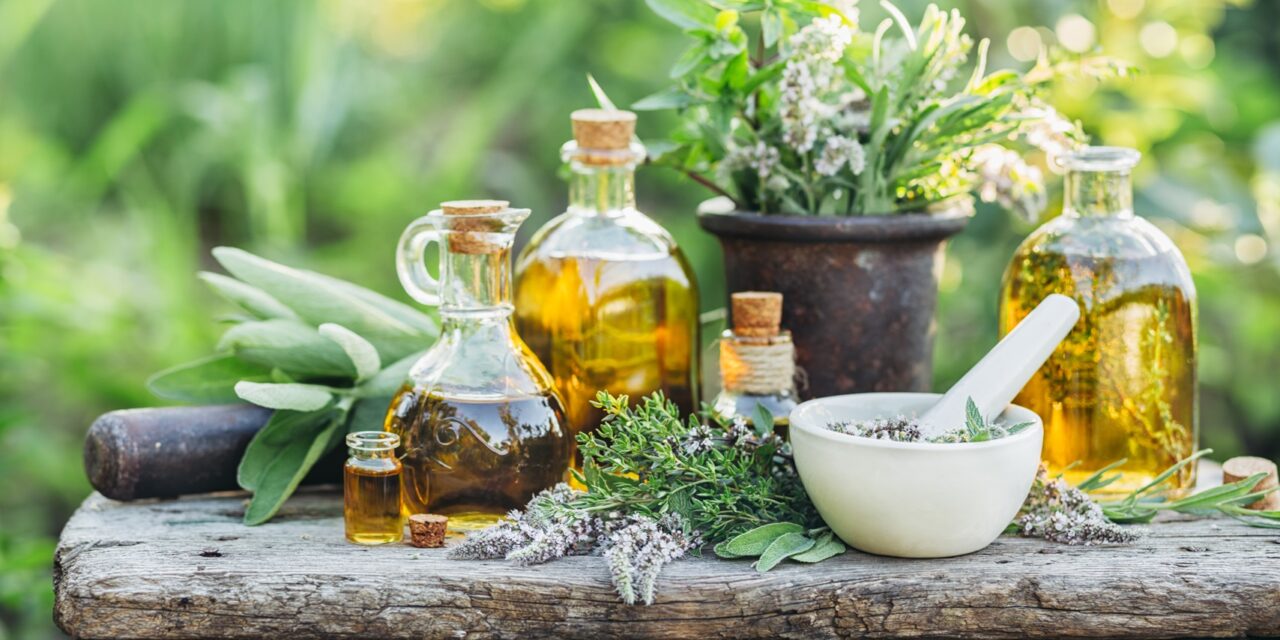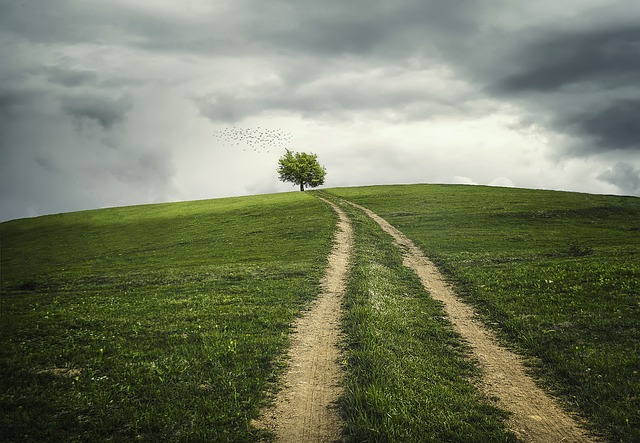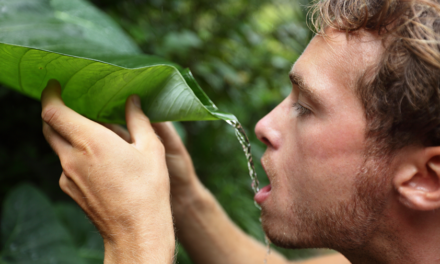In a world where uncertainty looms and the threat of natural disasters is ever-present, it’s crucial to be prepared for any situation. While modern medicine has made tremendous advancements, access to traditional healthcare resources may be limited during a crisis. This is where the ancient wisdom of herbal remedies comes into play. By turning to the power of nature and equipping ourselves with the knowledge of medicinal plants, we can build resilience and maintain our health even in the most challenging of times.
The Importance of Natural Remedies in Disaster Preparedness: When disaster strikes, the infrastructure we rely on can be compromised, leaving us without access to conventional medical supplies and support. In such scenarios, having a deep understanding of herbal remedies can be a lifesaving skill. Our ancestors relied on the healing properties of plants for centuries, using them to treat a wide range of ailments and promote overall well-being. By tapping into this ancient wisdom, we can become self-sufficient and better prepared to face adversity.
Building Your Medicinal Garden
One of the most empowering steps you can take in your disaster preparedness journey is to cultivate your own medicinal garden. Start by researching the plants that thrive in your local climate and have a history of medicinal use. Some essential herbs to consider include:
- Echinacea – Known for its immune-boosting properties, echinacea can help strengthen your body’s natural defenses against illness.
- Willow Bark – Containing salicin, a compound similar to aspirin, willow bark has been used for centuries to alleviate pain and reduce inflammation.
- Lavender – This fragrant herb is renowned for its calming effects, helping to reduce stress and promote relaxation during times of upheaval.
- Calendula – With its antimicrobial and wound-healing properties, calendula is a valuable addition to any medicinal garden.
- Peppermint – Peppermint can soothe digestive issues, alleviate headaches, and provide a refreshing boost of energy when needed.
By nurturing these plants in your own backyard, you’ll have a reliable source of natural remedies at your fingertips, ready to support you and your loved ones during a crisis.
Get a Free Subscription to PREPARE Magazine
Learning the Art of Herbal Preparation:
Having a thriving medicinal garden is just the first step. To truly harness the power of these plants, it’s essential to learn how to prepare them effectively. From teas and tinctures to salves and poultices, each method of preparation offers unique benefits and applications. Take the time to study the proper techniques for harvesting, drying, and storing your herbs to ensure their potency and longevity.
Engaging in workshops, reading herbal medicine books, and connecting with experienced herbalists can deepen your understanding of these natural remedies. As you gain confidence in your skills, you’ll be better equipped to address a variety of health concerns, from minor cuts and bruises to more complex issues like respiratory infections and digestive distress.
The Mind-Body Connection:
In times of crisis, our mental and emotional well-being is just as important as our physical health. Herbal remedies can play a significant role in promoting a sense of calm and resilience. Herbs like chamomile, lemon balm, and passionflower have been used for centuries to ease anxiety, promote restful sleep, and support the nervous system.
Incorporating these herbs into your daily routine, whether through tea, tinctures, or aromatherapy, can help you maintain a sense of balance and inner peace, even in the face of adversity. By nurturing your mind-body connection, you’ll be better equipped to navigate the challenges that come your way.
Building Community Resilience:
The knowledge of herbal remedies is a valuable resource not just for yourself, but for your entire community. By sharing your expertise and empowering others with the skills to use medicinal plants, you can contribute to the collective resilience of your neighborhood, town, or city.
Consider organizing workshops, starting a local herb study group, or volunteering to teach herbal medicine classes at community centers or schools. By fostering a network of individuals who are knowledgeable about natural remedies, you’ll be creating a safety net that can support everyone during times of crisis.
Conclusion:
In a world where disaster can strike at any moment, being prepared is not just a choice, but a necessity. By embracing the power of herbal remedies and cultivating a deep connection with the natural world, we can equip ourselves with the tools to maintain our health and well-being, no matter what challenges we face.
So let us step into our gardens, dig our hands into the soil, and nurture the plants that have the potential to heal and sustain us. Let us learn the ancient wisdom of herbal medicine and share that knowledge with our communities. In doing so, we’ll be building a foundation of resilience that can weather any storm.
Remember, in times of crisis, be prepared, be empowered, and be natural. The power to heal lies within the earth, and within ourselves. Let us harness that power and create a future where we can thrive, no matter what the world may bring.








